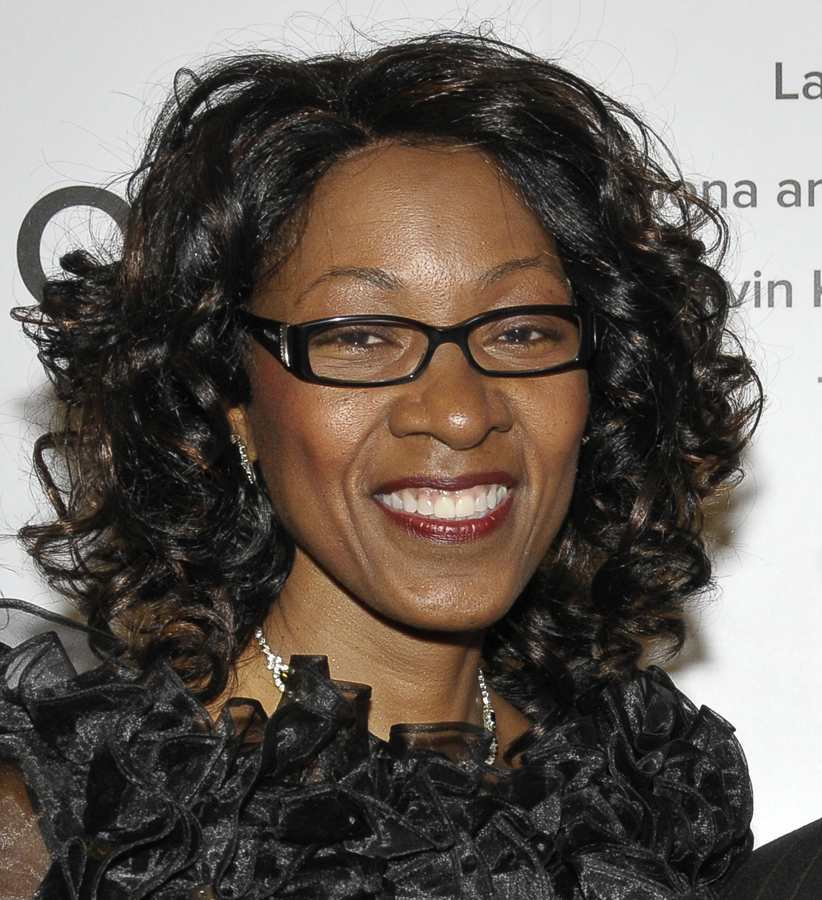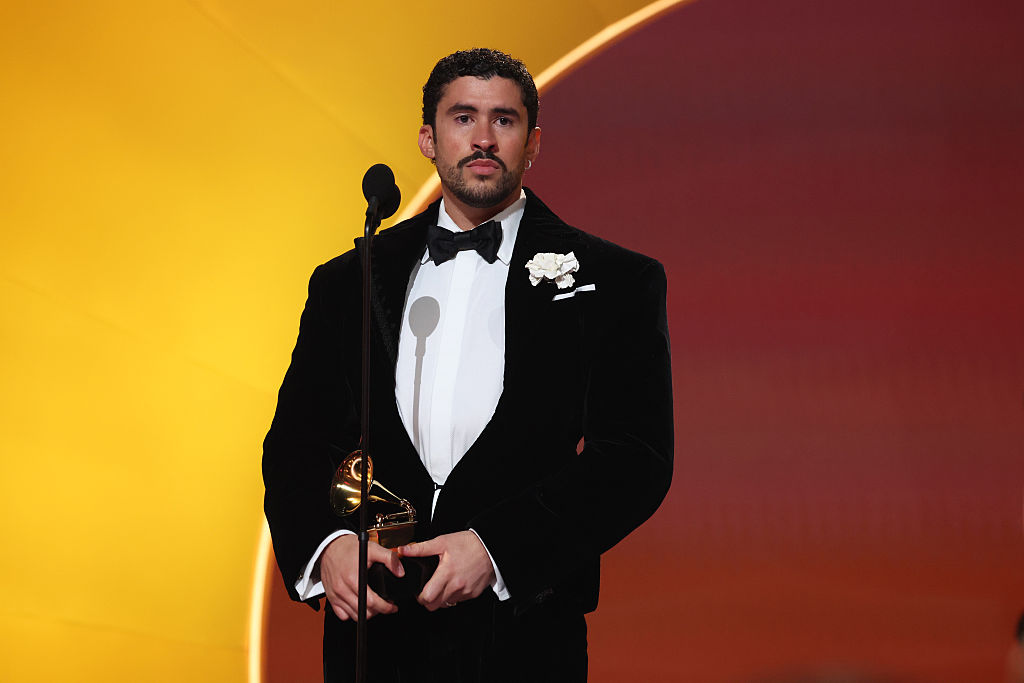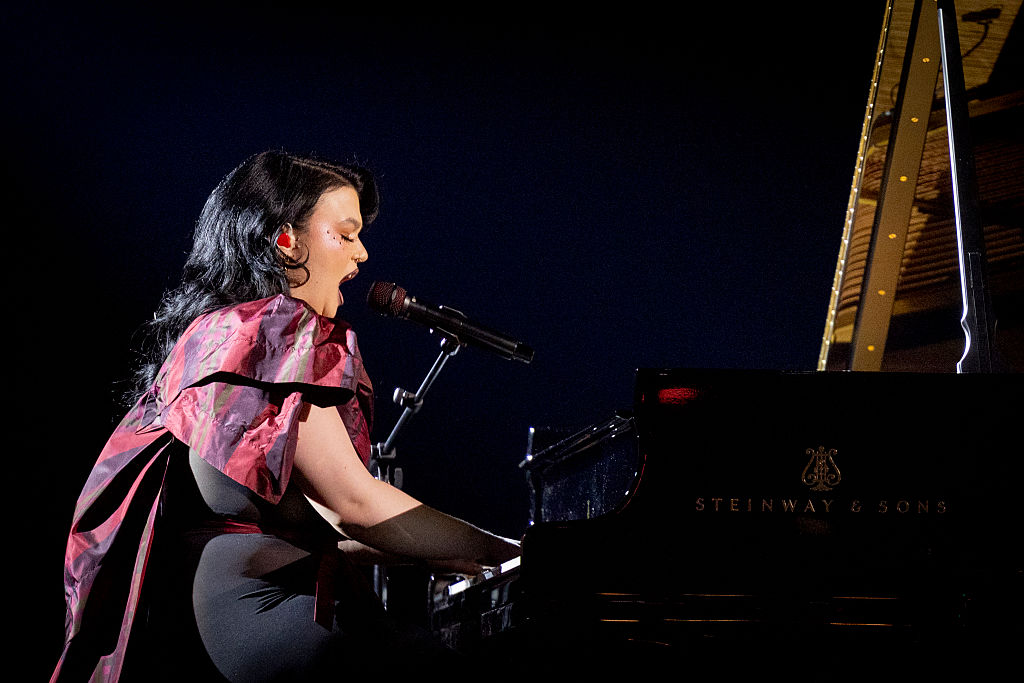GMHC Marks 30 Years of Fighting HIV/AIDS

“The most pressing public health issue of our time” is far from over
Thirty years ago, the handful of concerned gay men that would evolve into Gay Men’s Health Crisis gathered in a West Village apartment to discuss the mysterious and fatal illness affecting their community. Without help from the medical community or city and state agencies, they launched their first fundraiser (by passing a hat for donations) and set up a hotline so people could get information about the syndrome, then dubbed Gay-Related Immune Disorder.
Three decades later, GMHC is the world’s largest organization dedicated to providing social programs, counseling and essential services for everyone—men, women and families; young people and the elderly; of all races and genders—affected by the HIV/AIDS crisis.
And it is still a crisis, says GMHC’s Chief Executive Officer, Dr. Marjorie Hill. It is bittersweet to celebrate the groundbreaking achievements of this grassroots organization when its reason for being is couched in the memories of millions of people lost to the disease. In celebrating the milestone, “we want to honor and commemorate those who have contributed from the beginning, who are no longer with us, and to celebrate the successes,” Hill says. In an interview with GO, Hill recalled that GMHC’s original mission was to challenge funeral homes, confront doctors, help people come out to their families on their deathbeds, and “help people die with dignity.”
“Fast forward 30 years, we’re helping people to have second careers, be better parents, to disclose to their employers to members of their faith communities—we’re helping people live with dignity,” she says. “We want to help people make choices that will help their lives and those in their community.”
That’s not the only shift in GMHC’s mission and strategy. The organization has adjusted to changes in the needs of clients and advancements in treatment for the disease to arrive at an integrated model for helping individuals make healthy choices in all the areas of life, not just their physical wellness. About 26 percent of GMHC clients are women, two-thirds are people of color, and the client base is getting older, Hill says. Eighty-four percent of clients live at or below the federal poverty line, and current clients hail from all five boroughs and beyond. In response, GMHC now offers far more than medical resources.
“We began as a supportive agency: We had the Buddy Program, the meals program, we did lots of hand-holding,” Hill remembers. “What we do now is provide a complex web of services, because we have learned that there are many things that fuel the epidemic. The first step for many clients is not even about HIV; it’s about another crisis: domestic violence, eviction, homelessness.”
“We are a much more efficient, evidence-based, focused organization today. We’ve always done good work, but now our good work is very integrated. There’s a real connection between the challenges that our clients face and the opportunities to work on those challenges. GMHC is a safe place where HIV people don’t have to suffer alone. We address the whole person.”
Sadly, even after three decades of HIV and AIDS in the public consciousness, Hill says “ignorance and stigma” are still prevalent. Hill describes the women in a therapy group she meets with, all of whom have been living with HIV for 12 years or more, who haven’t told family members that they are HIV-positive. Clients come to GMHC after facing humiliating treatment from their own relatives—in one instance, a man dreaded holiday dinners with family because, while everyone else ate from regular dishes, he was given a paper plate. One HIV-positive woman’s daughter refused to let her hold her only grandchild.
“People are surprised that stigma still exists, and that HIV is still a problem. So while we do well with fundraising, with AIDSwalk and with our 30th anniversary dinner, we rely on our donors to provide support,” Hill presses. “If people think that HIV is over and they don’t need to worry about it anymore, they are less likely to give. So it’s important to get the message out that HIV is one of the most pressing public health issues of our time.”
——-
To emphasize that message, GMHC invites supporters to its 30th year anniversary dinner at Gotham Hall on April 18. The organization will honor the Rudin Family and Tim Sweeney with the Judith Peabody Humanitarian Award and Duane Reade with the Corporate Leadership Award. Guests will enjoy a cocktail reception, luxury silent auction and an exclusive four-course dinner by celebrity chef Alex Guarnaschelli. For tickets and information, see gmhc.com.












